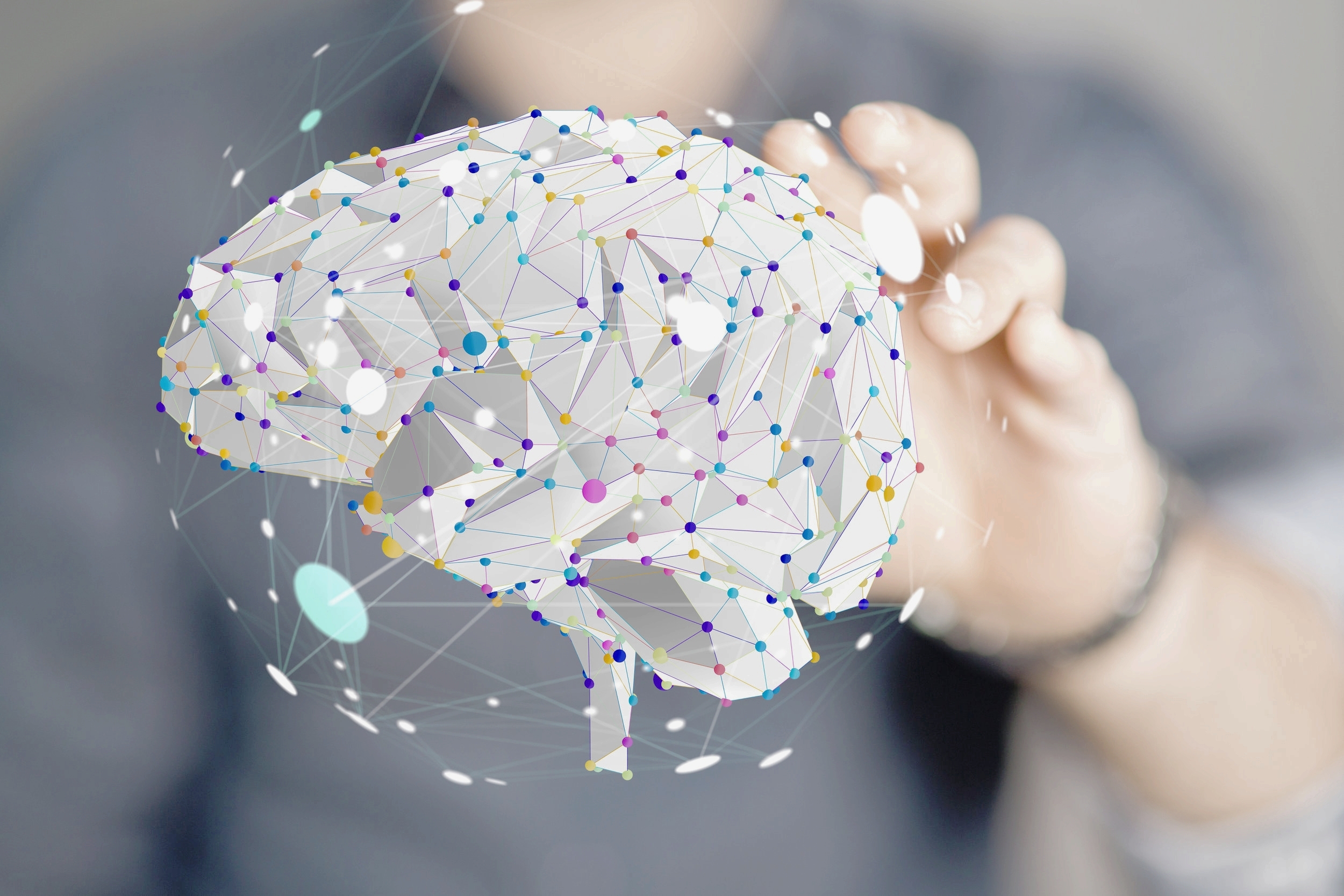
The First
AI Digital Cell Clone Factory
Drug R&D
and
Personalized Medicine
An AI-Enabled Digital Cell Clone Factory
ThinkingNode.Life (TNL) is the first AI Digital Cell Clone Factory for drug R&D capable of generating human mechanistic digital cell clones within an hour using gene expression data to accelerate and de-risk drug R&D. It has been successfully used for cancers and autoimmune diseases for biotech and pharma companies.
It allows the prediction & understanding of the cell behavior and response to an impact of a genetic modification, a target knockdown before preclinical testing, or to a drug for each clinical trial phase by simulating safety, efficacy, and specificity.
This is possible because of its Generative Macro-connectionist Reasoning AI (GMR-AI) that employs Distributed Reasoning AI to generate Reasoning Models rather than texts, images, or videos. Macro-connectionism is a neuro-symbolic approach that differs from Connectionism (regular Artificial Neural Networks) where its basic functional entity is an assembly of neurons instead of a single neuron allowing both the processing of the symbolic level (Reasoning) and the leverage of the Connectionism (Learning).
YO SUZUKI, PHD / ASSOCIATE PROFESSOR
J. CRAIG VENTER INSTITUTE, SYNTHETIC BIOLOGY - BIOENERGY GROUP
THE WHOLE-CELL-CENTRIC APPROACH FOR DRUG R&D
Most biotech pharma activities focus on drug discovery & development using known published targets because the identification of novel targets is complex and requires extensive fundamental research and knowledge. It is why it is usually done by academic institutions. Scientists must identify the biochemical pathway that is involved in the disease. This pathway-centric approach has yielded excellent results for many health conditions.
However, most diseases are the result of the whole-cell behavior and not just of a few biochemical pathways. Unfortunately, no humans can handle the dynamic complexity level of the whole-cell network. This explains why, despite great results, the limited pathway-centric approach failed so many times and can produce drugs with harmful side effects.
TNL’s Human Digital Cell Clones allow a more extensive, faster, and cheaper way to provide novel unpublished targets/biomarkers identification, drug repurposing, drug combination, and clinical trials optimization.
In addition, these Human Digital Cell Clones allow the introduction of a new major phase for drug R&D: Human Cell Safety/Efficacy/Specificity Simulations before any lengthy and costly drug development or in vivo testing.
TNL whole-cell-centric approach brings a transformative shift for drug R&D.
Partners







